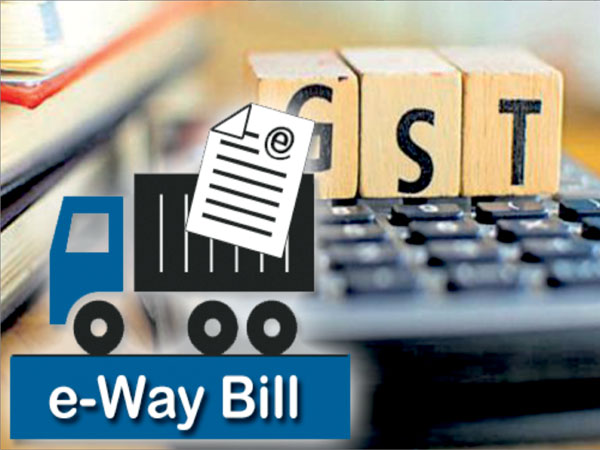
Even as government suspects considerable tax evasion under GST, small manufacturers and traders blame faulty implementation of the new tax regime, forcing many of them to avoid a legitimate way of doing business in the new indirect tax structure.
Some of the small manufacturers said that the delay in refunds is one of the main reasons for them to avoid compliance. “Small businesses do not have enough working capital. But when it is stuck in refunds the businesses find it difficult to manage their day-to-day functioning. This forces some of them to resort to unlawful way,” said the CEO of a small manufacturing firm. He, however, claimed that government was exaggerating details of possible evasion and most businesses were in compliance with GST provisions.
Surprise checks
Industry sources said that tax authorities had done surprise checks using flying squads to assess the degree of non-compliance in various states. They stopped consignments being transported and found that some of them could not satisfactorily explain GST payment. This helped them to assess the extent of tax evasion.
“Nothing can be said conclusively as far as evasion is concerned until the entire data is available following matching of invoices. This is likely to happen only after March when most GST provisions are in place,” said Amit Kumar Sarkar, partner and head (indirect tax) at BDO India.
Slippage in GST collection for two months in a row has left the finance ministry nervous. Among other reasons, the ministry feels that lower tax collection could be due to evasion especially among small businesses. This has prompted them to introduce the E-Way bill provision for inter-state goods transfer from February 1 and uniform mandatory compliance from June.
“The sudden meeting of the GST Council signifies that the issue of E-Way bills is very serious and there is a concern over potential revenue leakages in the absence of a nationwide uniform tracking platform for goods,” said M S Mani, senior director, Deloitte India reacting to decision in the 24th GST council meeting held last month through video conferencing.
An E-Way bill would be required for movement of goods worth more than Rs 50,000. This will have details of transporter, consignee, value of goods and HSN code among other supply details.
The total GST collections have continued their downward trend from the peak seen in the inaugural month of July. The total revenue slipped to Rs 80,808 crore in November, down from over Rs 83,000 crore in the previous month. In the first month, the total revenue collection was Rs 94,063 crore.
The higher GST collection in July had even surprised the government with expectations going up
for the subsequent months. But the monthly figures since then have only disappointed them. The overall lower revenue collection including those of direct taxes has compelled the government to go for
market borrowing to the tune of Rs 50,000 crore in the current financial year.




